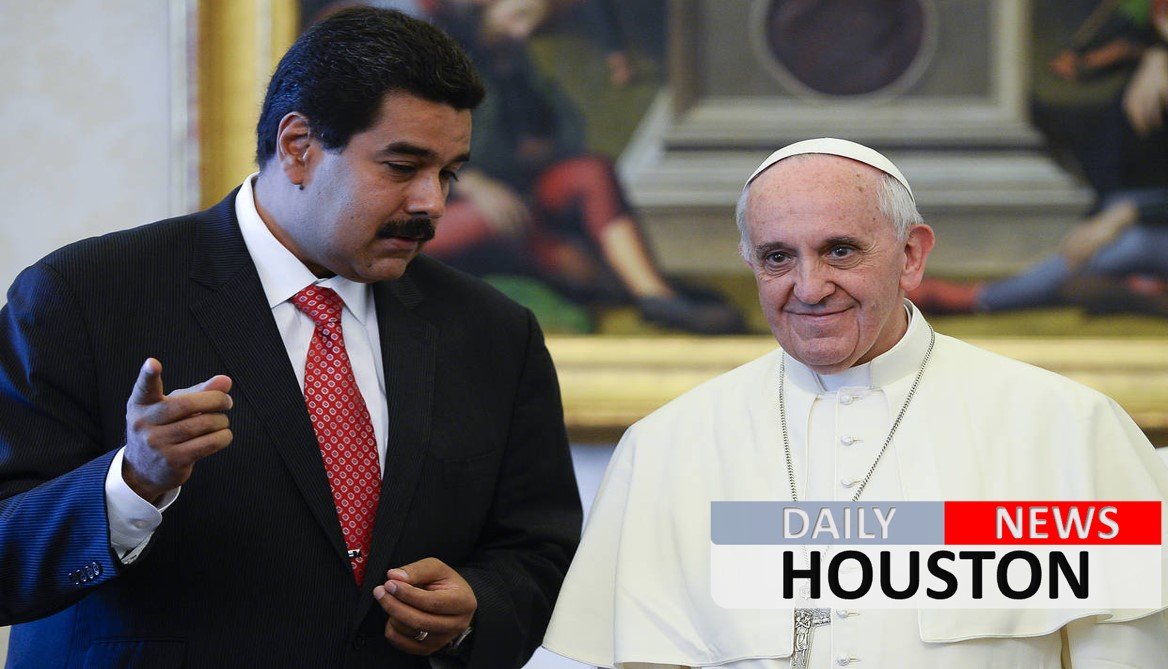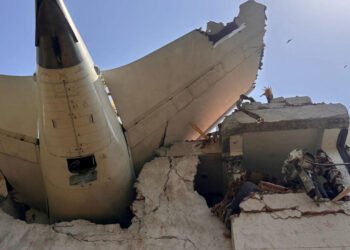The first Latin American pontiff is harder on Trump than on Caracas’s despot.
By William McGurn
When Pope Francis wants to make the objects of his disfavor feel his sting, he’s never lacked for words—especially when it involves the U.S.
But when it comes to the brutality of Venezuela’s government against its own people, Pope Francis and the Vatican have mostly avoided calling out Nicolás Maduro by name. Until Friday, that is. That’s when a popular uprising in Venezuela finally pushed the Vatican to oppose the regime’s bid to tighten its grip by imposing an illegitimate super-assembly to rewrite the constitution.
Even this late in the day, the Vatican’s expression of “profound concern” is better than nothing. Particularly welcome is Rome’s call for Mr. Maduro to “suspend” the new assembly. Still, it’s hard not to notice that in sharp contrast to Venezuela’s bishops—who recently tweeted a prayer to “free our homeland from the claws of communism and socialism”—even the toughest Vatican statement on Venezuela has all the zing of a World Bank communiqué calling for more resources for a clean-water project in Moldova.
How different the tone is when the subject is Donald Trump or Uncle Sam. Whether suggesting that Mr. Trump is not Christian, warning on Mr. Trump’s inaugural day that populism can lead to Hitler, or implying that ours is an economy that “kills,” Pope Francis has an argot of displeasure all his own.
Its absence here is particularly striking. Because for an example of a populism that leads to totalitarianism or an economy that kills, it’s hard to beat oil- and mineral-rich Venezuela, whose citizens have now been reduced to picking through garbage cans while their leaders ratchet up the repression. Not to mention Cuba’s military-socialist colonialism.
As for the bishops, good ones are not given to criticizing their pope publicly, and Venezuela’s are no exception. But they may be speaking more frankly in private. In a June 11 article headlined “Stop being soft on our despot, Venezuela’s bishops tell Francis,” the Economist reported on a meeting six bishops forced onto Francis’ schedule when they flew to Rome in June—uninvited.
Two months earlier, the bishops put it this way: “We have to defend our rights and the rights of others. It’s time to very seriously, and responsibly, ask if civil disobedience, peaceful demonstrations, appeals to the national and international public power, and civic protest, are valid and opportune measures.”
Defenders of the Francis approach have been assuring everyone the pope’s reluctance to speak forthrightly against the regime, and his preference for talking about “both sides” as if they are morally equal, is part of a larger plan. In particular they claim that those criticizing the pope for his silence were playing into Mr. Maduro’s hands, given how the Venezuelan strongman likes to chide his country’s bishops for impeding the “dialogue” he and Francis have called for.
The events of the past week have shattered any silly pretense about some master Vatican plan. But the roots of Pope Francis’ misreadings run deeper than Venezuela. In some ways, it is but the latest reflection of a historic misunderstanding that has often led a poor and Catholic Latin America to blame its wealthy and Protestant neighbor to the north for all its woes.
Just last month, for example, Pope Francis fed this trope by accusing the United States of having a “distorted view of the world.” At nearly the same time, a semiofficial Jesuit-run Vatican journal carried an article decrying an alliance between American Catholics and evangelical Protestants as an “ecumenism of hate.” On top of it all rests the old idea, still popular on the religious left, that socialism represents the Gospel ideal.
The Acton Institute’s Samuel Gregg was probably closer to the mark when he recently put it this way: “Venezuela’s crisis doesn’t fit into Pope Francis’s standard way of explaining contemporary political and economic problems. It’s very hard for the pope to blame Venezuela’s problems on the tyranny of Mammon, financial speculation, free trade agreements, arms-dealers, nefarious ‘neoliberals,’ or any of his usual list of suspects.”
The ironies here are legion. In the latter half of the 20th century, Latin American liberation theologians posited a “people’s church” pitted against a “formal church” whose hierarchy was aligned to the military dictatorships that prevailed in much of the continent. Before he was elected pope, Jorge Mario Bergoglio faced precisely this claim in the accusation that he did not adequately criticize the military regime that ruled his native Argentina during his time as the head of its Jesuit community.
Today Catholic priests and bishops are courageously defying a Venezuelan regime that has hijacked what was once the richest nation in Latin America and driven it to poverty and despotism. At this dark hour, don’t the struggling people of Venezuela deserve some public inspiration from the first Latin American pope?









